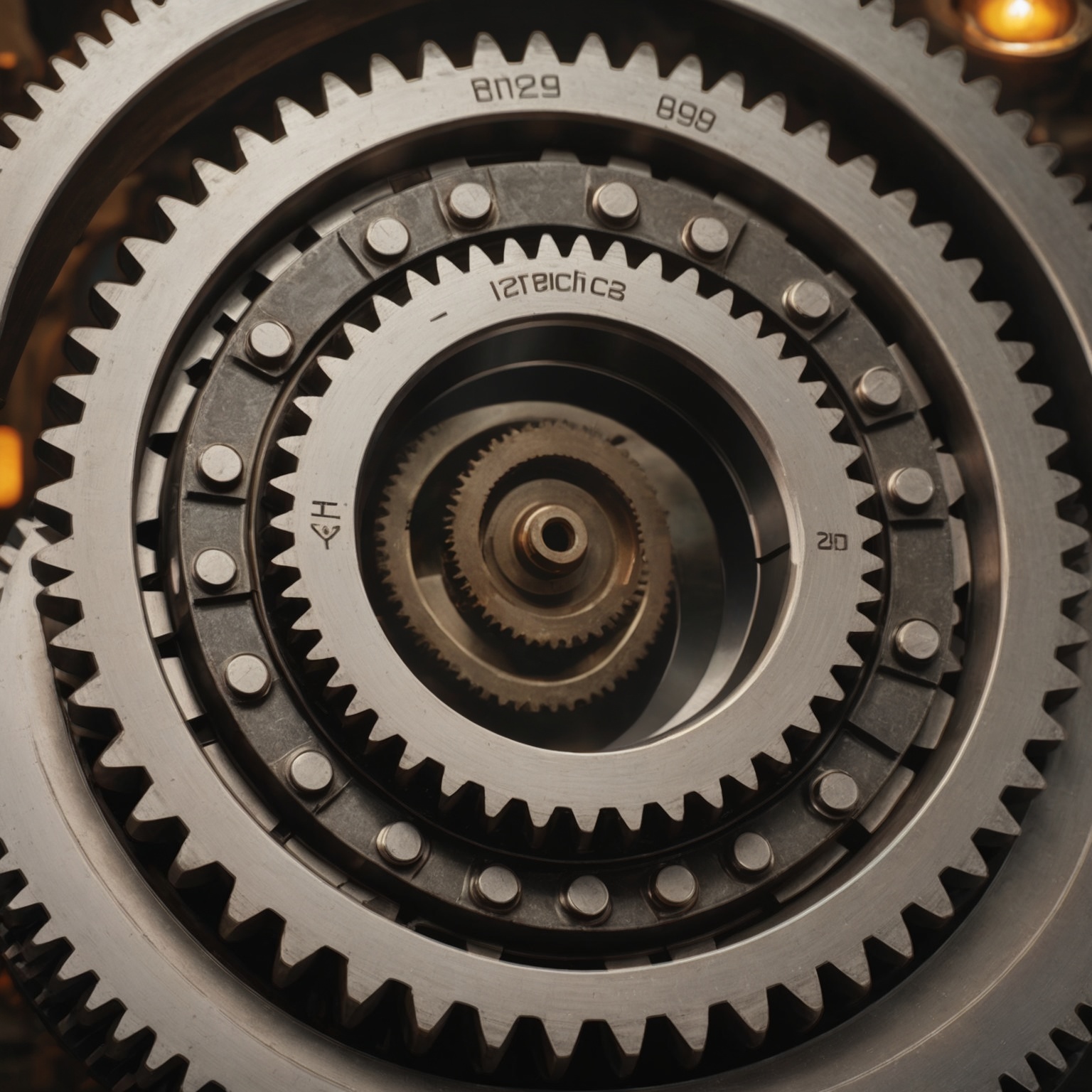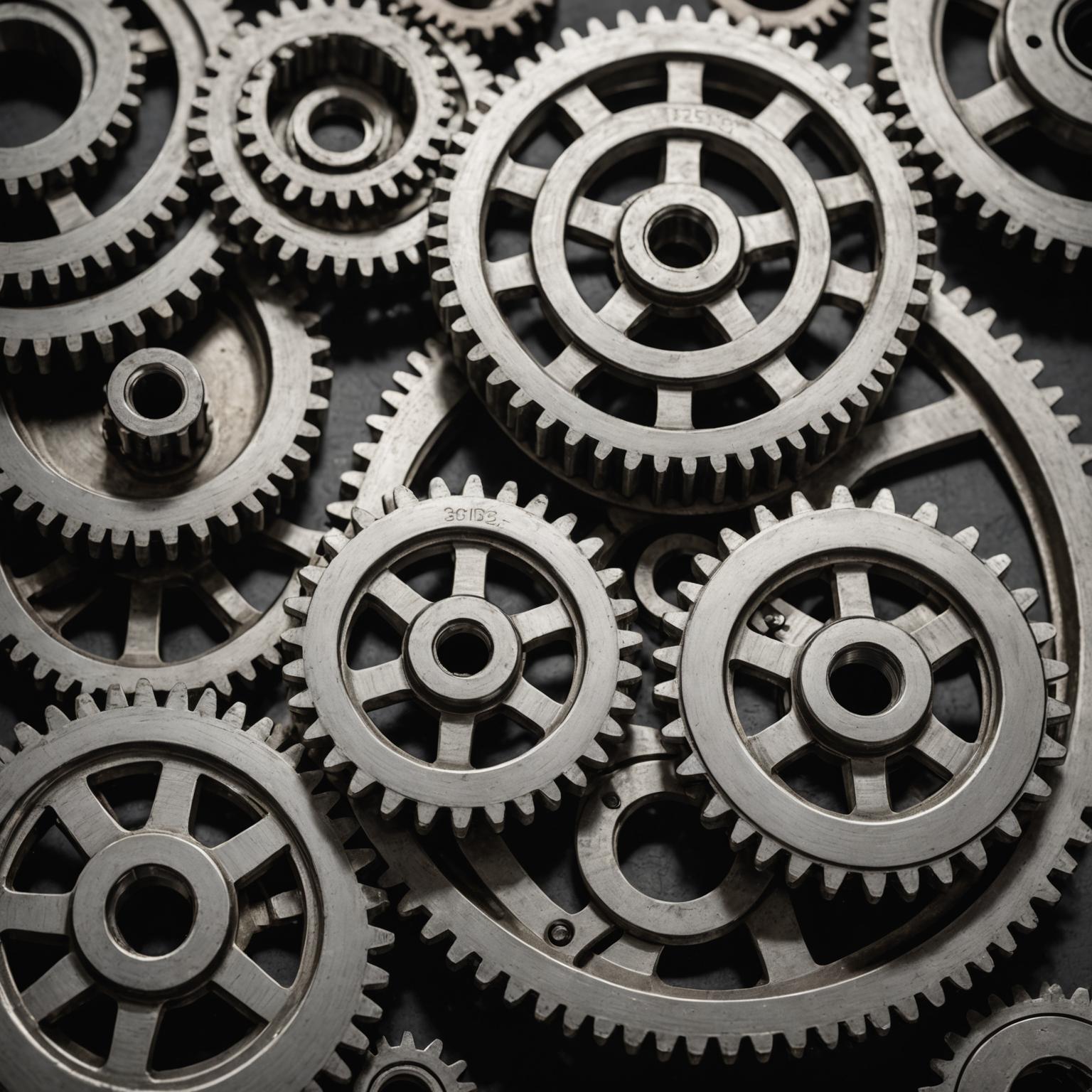
CNC machine technology has revolutionized the manufacturing industry, enabling precise and efficient production of complex parts with unparalleled accuracy. This innovative tool allows manufacturers to automate the machining process, resulting in products that meet exact specifications every time. For instance, in the creation of high-performance mechanical components, the cnc machine ensures that every detail is crafted to perfection, minimizing errors and maximizing productivity.
Understanding CNC Machining
CNC machining is a sophisticated process that utilizes computer-controlled tools to shape and cut materials with incredible precision. This method involves programming the machine to follow specific instructions, allowing for the replication of intricate designs repeatedly. Picture a workshop where raw metal blocks are transformed into finely detailed parts through the seamless coordination of motors and cutting tools. CNC machining starts with a digital blueprint, where engineers input commands that dictate the movement of the machine’s components. This technology not only enhances speed but also improves the overall quality of the final product. For example, when producing gears for mechanical systems, CNC machining ensures that each tooth is perfectly aligned, reducing friction and wear over time. The process is particularly valuable in industries requiring high tolerances, such as aerospace and automotive, where even the slightest deviation can lead to failure. By integrating advanced software, CNC machining adapts to various materials, from aluminum to hardened steels, making it a versatile solution for modern manufacturing challenges. As CNC machining continues to evolve, it remains a cornerstone of efficient production, driving innovation and reliability in countless applications.
Exploring the CNC Milling Machine
The CNC milling machine is a specialized type of cnc machine designed for removing material from a workpiece using rotary cutters. This powerful equipment operates by rotating tools at high speeds while precisely moving the workpiece in multiple directions, allowing for the creation of complex shapes and surfaces. Imagine a robust machine with a sturdy base, where the spindle whirs to life, carving out detailed patterns with surgical accuracy. This machine excels in tasks that demand flat surfaces, slots, and contours, making it indispensable for prototyping and mass production. In the context of precision engineering, the CNC milling machine plays a pivotal role in fabricating components like the Stratiform Mechanical Gear Set, where exact measurements are critical for optimal performance. The process begins with securing the material on the machine’s table, followed by the execution of programmed paths that guide the cutters. This results in gears that are not only functional but also aesthetically pleasing, with smooth finishes and precise interlocking mechanisms. One of the standout features of the CNC milling machine is its ability to handle diverse materials, from plastics to metals, ensuring versatility in various industrial settings. As manufacturers increasingly rely on this technology, the CNC milling machine continues to push the boundaries of what’s possible, delivering components that withstand rigorous demands while maintaining efficiency and cost-effectiveness.
Applications of CNC Technology in Precision Engineering
In the realm of precision engineering, CNC machines are instrumental in producing high-quality components that power everything from everyday devices to advanced machinery. These machines enable the creation of parts with intricate designs, such as the Stratiform Mechanical Gear Set, which features gears crafted from high-grade stainless steel for superior durability and quiet operation. Envision a gear set where each component interlocks flawlessly, thanks to the precise cuts and profiles achieved through CNC machining. This level of craftsmanship ensures that the gears resist wear, even in demanding environments like automotive systems or industrial robotics. The process involves layering advanced techniques, where CNC milling machines meticulously shape each piece, adding reinforcements and engravings that enhance both strength and aesthetics. Beyond gears, CNC technology is applied in medical devices, electronics, and even custom furniture, where accuracy and repeatability are paramount. For professionals, the benefits extend to reduced waste, faster turnaround times, and the ability to innovate without compromising quality. By subjecting components to rigorous testing, CNC machines guarantee reliability, making them a favorite among innovators shaping the future. The Stratiform Mechanical Gear Set exemplifies this excellence, offering seamless transitions and superior power efficiency in any application.
The Future and Benefits of CNC Machines
Looking ahead, the evolution of cnc machine technology promises even greater advancements, with integrations of AI and automation enhancing capabilities further. CNC machining and CNC milling machines are at the forefront of this progress, allowing for smarter, more adaptive manufacturing processes that minimize human error and optimize resource use. Consider how these machines can now learn from previous operations, adjusting parameters in real-time for better outcomes. This not only boosts productivity but also opens doors to sustainable practices, such as reducing material waste through precise calculations. In the case of products like the Stratiform Mechanical Gear Set, the future holds potential for even more customized solutions, tailored to specific needs with minimal effort. As industries embrace these developments, the benefits ripple out, from cost savings to improved safety in manufacturing environments. Overall, the impact of CNC machines on global innovation cannot be overstated, positioning them as essential tools for achieving excellence in engineering and design.

